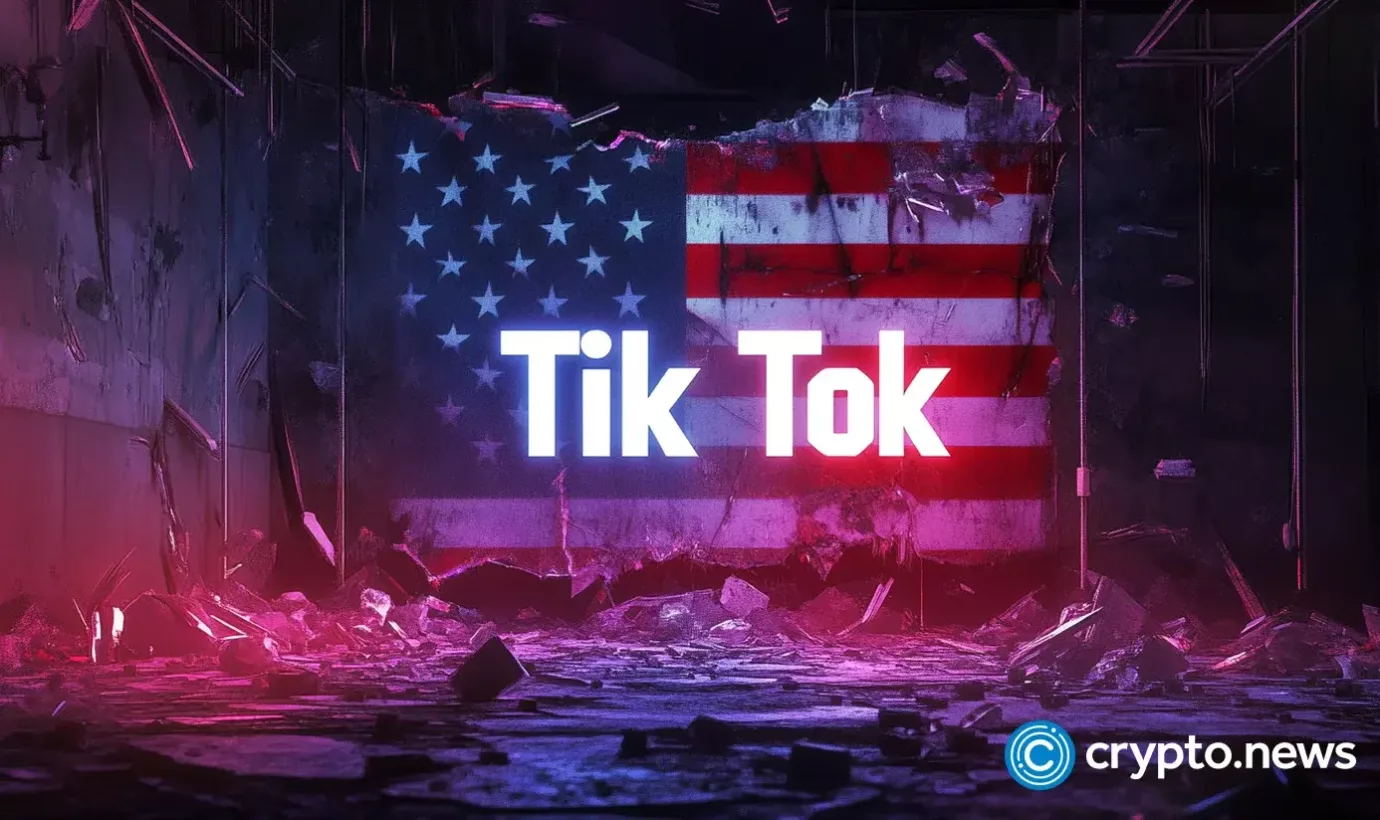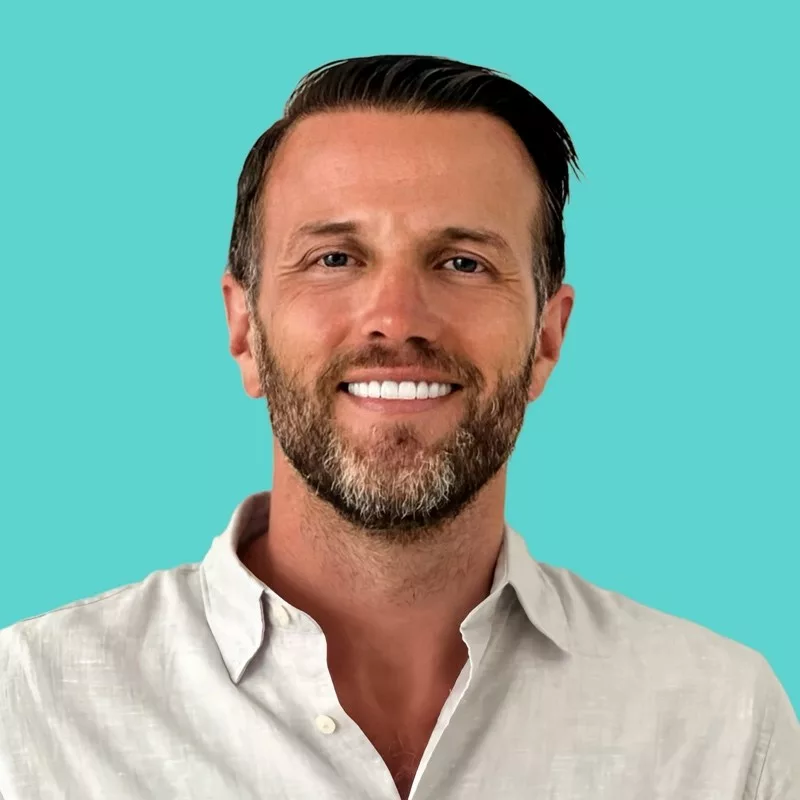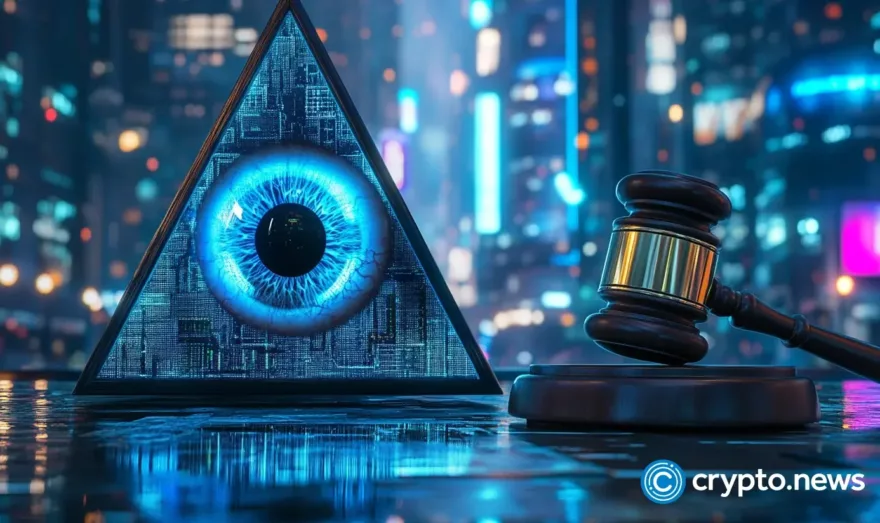The new, centralized ‘TikTok USA’ will be bad for creators, users, privacy, and freedom of speech | Opinion

Disclosure: The views and opinions expressed here belong solely to the author and do not represent the views and opinions of crypto.news’ editorial.
TikTok had a good run in the United States, but I believe this is about to change, especially given the sale of its operations and a copy of its algorithm to a consortium of investors that includes Oracle, Silver Lake, and a number of others yet to be determined. This consortium is slated to take over the U.S. operations of TikTok, probably sometime early next year.
- TikTok’s U.S. operations are being sold to a consortium led by Oracle and Silver Lake, ending its Chinese ownership but raising new concerns about government influence and narrative control under American hands.
- While the sale was justified as a move to protect U.S. user data, critics argue it’s more about controlling narratives, shifting power from one centralized entity to another that’s deeply tied to U.S. political and corporate interests.
- The author warns that decentralized media is the only safeguard for democracy; without it, platforms like the new TikTok risk becoming powerful echo chambers that stifle speech, suppress dissent, and deepen national division.
Why did TikTok have to be sold in the first place? It was the first global impact social media platform that was not controlled by the usual social media giants, all of which had been based and operated in the U.S. That was not necessarily a bad thing, even though there had always been rumors about the Chinese government accessing U.S. user data on the platform, leading to a temporary ban of TikTok in the U.S. in January 2025.
The question we should ask ourselves is, was it really a concern about U.S. user data in the hands of the Chinese government that forced a sale?
Narrative control is a real and mighty thing. Social media is used by over half the planet, and it can be used to create and enforce narratives, change opinions, unite or divide audiences. It is a very powerful tool and, because it is so powerful, it is very important that centralized entities don’t have control over it. Now, that’s not the reality we live in. Social media platforms notoriously censor, shadow ban, explicitly ban, and demonetize Creators for uncomfortable opinions that don’t fit into the narrative of the day, regardless of those platforms’ countries of origin.
We aren’t talking about fringe and violent opinions and content only. It affects all types of Creators all across the social and political spectrum. It goes as far as Creators using substitutes for specific words, knowing that the use of such words will probably result in these punitive measures.
Isn’t all this directly impeding on the First Amendment of the United States? Freedom of Speech is a precious and very rare right in today’s world, and it should be protected by all means.
A dangerous new government-controlled media entity
This leads us now to the new TikTok deal. At first, it sounded great. Finally, TikTok will not have its narrative potentially controlled by a foreign entity and that entity’s interests, but by us, the U.S., with all user data protected and not shared with governments.
So what’s the problem? The problem is that the new “TikTok USA” is still in danger of becoming a government-controlled media platform, similar to the old TV networks in the 1950s, but millions of times more powerful. TikTok has traded one gatekeeper of speech and user privacy for another, but this new gatekeeper is now heavily invested in the current political and social narrative its users are producing and consuming.
The new majority owners of TikTok are working very closely with the U.S. government, and that makes it problematic because once one is given absolute power, historically, it has absolutely corrupted them. The temptation to control daily narratives, silence “troublesome” creators, and abuse user data is just too great.
If Jimmy Kimmel can be taken off the air, even if just temporarily, through the threat of the U.S. government’s public and private levers, what hope do TikTok Creators who don’t fall in line with the new consortium and its loyalties have? How will it be different from the kind of suppression of content based on political bias and sensitivities we saw revealed in “The Twitter Files”? Or the promotion of certain content we’ve seen on X under Elon Musk?
In addition, while we don’t know the final and full details on the composition of this new “TikTok USA” consortium, what we do know is that Oracle and Larry Ellison will also play a vital and vocal part in TikTok’s future and its approach to speech. Just before the sale, Ellison outlined his dream of a new kind of techno-surveillance state that could keep people in line:
“Citizens will be on their best behavior, because we’re constantly recording and reporting everything that is going on.”
That doesn’t sound that much different than China, the supposed threat that forced the sale in the first place. Now, Ellison has a mass consumer app where he can test these theories.
The temptation to exercise full narrative control is just too high for it not to be used. The public opinions on matters of the day are very important to our ruling class, and if you had a way to sway opinions to be more suitable, why wouldn’t you do it? It’s like a parent handing a gallon of ice cream to their three-year-old while making supper and saying, “Don’t eat it.”
Decentralized media is the only media compatible with democracy
I believe that the level of censorship and bans on TikTok will dramatically increase. It will turn into a tightly closed hyper-echo chamber with little international and alternative content to be seen. It will limit users’ ability to express themselves in never-before-seen ways.
The audience will experience mass-scale narrative control and practically leave no room for new and different content to even surface. The bandwidth and attention capacities will be too precious to leave any room for anything other than what the new owners would like to see on the feed. Creators will be tiptoeing and vastly self-censor themselves.
The new TikTok will most likely cause more division in a country that desperately needs the opposite. The cheat code of the U.S. to become the most powerful country in all of history has always been and is the diversity of its people and their opinions.
The very idea of democracy is decentralized in its nature, to at least attempt to ensure that our individual voices get heard and to create a healthy and prosperous society. When we give absolute control of one of the most powerful platforms to centralized entities, we risk losing our voice absolutely.














